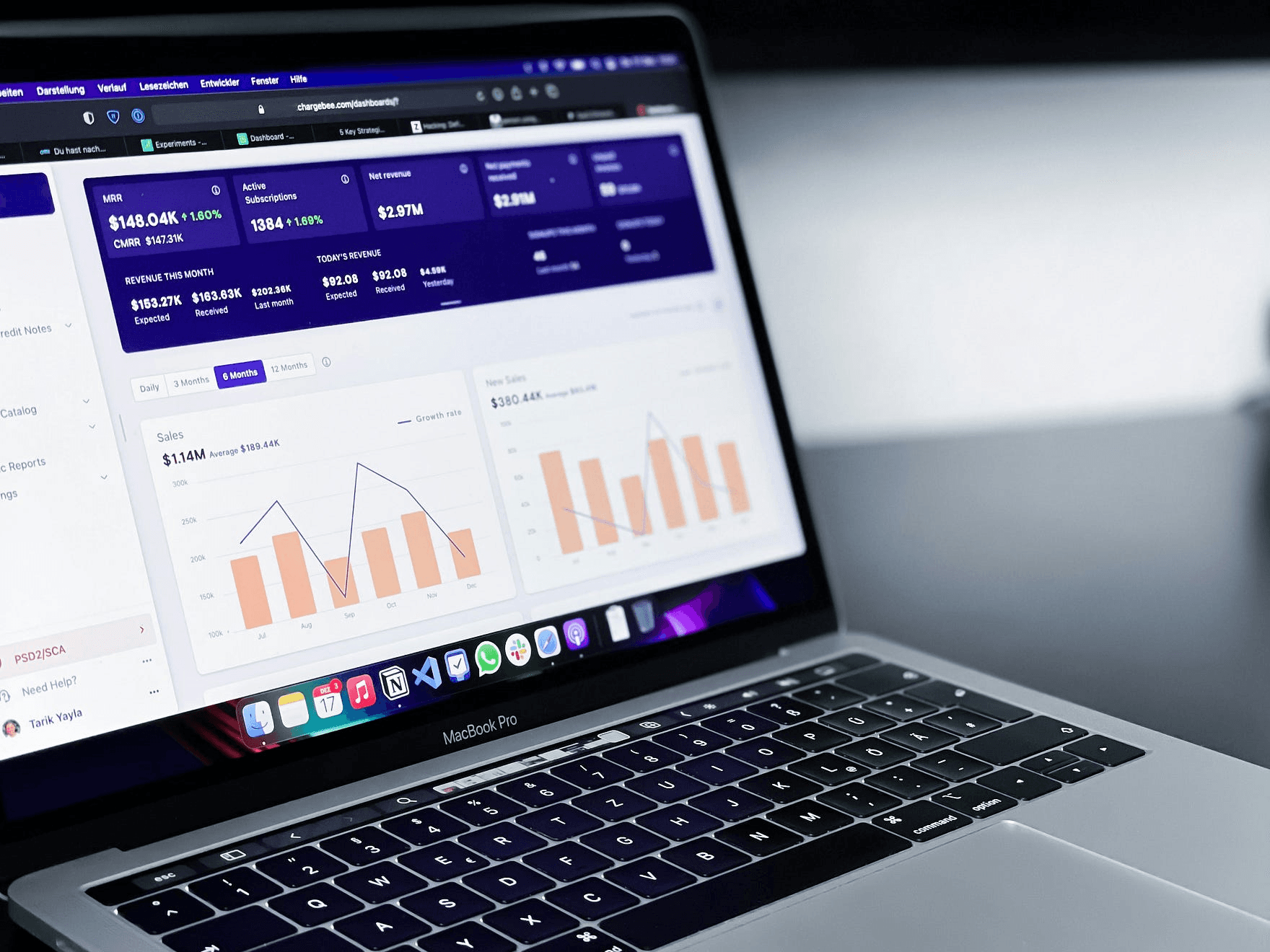
Mustafa Kürşat Yalçın
9 Min Read
CMDM might be the golden key to finding solutions to the challenges within your business. Ready to open the treasure chest?
Introduction
Nowadays, we all deal with various types of data. Even though it sometimes seems frustrating, managing this data effectively is crucial for driving business success. One key data management component is Customer Master Data Management (CMDM), which ensures customer information is accurate, consistent, and accessible across the organization.
To highlight the essential points of CMDM, this blog will delve into various aspects of CMDM, including its benefits, architecture, best practices, and more. Let’s dive in!
What Is Customer Master Data Management?
Customer Master Data Management (CMDM) is the process of creating and maintaining a single, accurate view of customer data across an organization.
This involves integrating data from various sources, such as sales, marketing, and customer service, into a centralized system. CMDM helps in eliminating data silos, reducing redundancies, and ensuring that all departments have access to consistent and up-to-date customer information.
Types of Customer Master Data Management
CMDM can be categorized into several types, depending on the specific focus and implementation approach:
Vendor Master Data Management: Focuses on managing and maintaining data related to vendors and suppliers. This includes details such as contact information, payment terms, and purchase history, ensuring that vendor-related data is consistent and accessible across procurement and finance departments.
Product Master Data Management: Involves managing data related to products, ensuring consistency across product catalogs, and enhancing product information accuracy. This type of CMDM is crucial for companies with extensive product lines, helping them maintain accurate product descriptions, pricing, and inventory levels across various sales channels.
Hybrid Master Data Management: Combines various CMDM approaches to create a flexible and scalable solution tailored to an organization’s specific needs. This approach allows businesses to address diverse data management requirements and integrate data from multiple domains, including customer, vendor, and product data.
Marketing Use Cases for Customer Master Data Management
CMDM plays a crucial role in enhancing marketing efforts by providing accurate and comprehensive customer data. Key use cases include:
Personalized Marketing Campaigns: CMDM enables businesses to create targeted marketing campaigns based on comprehensive customer profiles. By understanding customer preferences and behaviors, marketers can deliver personalized messages that resonate with their audience, leading to higher engagement and conversion rates.
Customer Segmentation: Helps in segmenting customers effectively, allowing for more precise targeting and improved marketing ROI. CMDM provides a unified view of customer data, enabling marketers to create detailed segments based on demographics, purchase history, and other relevant factors.
Customer Journey Mapping: Provides insights into the customer journey, helping marketers to optimize touchpoints and enhance the overall customer experience. With accurate and consistent customer data, businesses can track interactions across various channels, identify pain points, and improve customer satisfaction.
Let’s see what BCG case studies tell about CMDM!
Insights from BCG on Master Data Management
According to insights from Boston Consulting Group (BCG), data management is a critical driver of digital transformation and customer experience enhancement. BCG emphasizes that effective data management enables organizations to unlock the full potential of their data assets, driving innovation and competitive advantage.
Key takeaways from BCG’s research include:
Maximizing Data Value: BCG highlights the importance of treating data as a strategic asset. This involves investing in robust data management practices, including CMDM, to ensure data is accurate, accessible, and actionable. By maximizing the value of their data, organizations can drive better decision-making and operational efficiency.
Enhancing Customer Experience: BCG’s research underscores the role of CMDM in improving customer experience. Accurate and comprehensive customer data allows businesses to deliver personalized and seamless experiences across all touchpoints, enhancing customer satisfaction and loyalty.
Digital Transformation: BCG points out that CMDM is a foundational element of digital transformation. Integrating and standardizing customer data across the organization enables businesses to leverage advanced analytics and AI technologies, driving innovation and growth.
Master Data Management Architecture
The architecture of CMDM is critical for its success. A robust CMDM architecture typically includes the following components:
Data Integration Layer: This layer integrates data from various sources into a central repository. It ensures that data from different departments and systems is consolidated and standardized, providing a single source of truth.
Data Quality Management: Ensures the data is accurate, complete, and consistent. Data quality tools and processes are used to validate and cleanse data, addressing issues such as duplicates, inaccuracies, and missing information.
Data Governance: Defines policies and procedures for managing customer data. Effective data governance establishes roles and responsibilities, ensuring data management practices align with organizational goals and regulatory requirements.
Data Storage: Centralized storage for master data, often using a data warehouse or data lake. This component provides scalable and secure storage solutions, enabling efficient data retrieval and analysis.
Data Access Layer: This layer provides secure and efficient access to customer data for various applications and users. Access controls and authentication mechanisms are implemented to protect sensitive data and ensure compliance with data privacy regulations.
Let’s Wrap Up!
Customer Master Data Management is a vital component of any data-driven organization. By implementing effective CMDM practices, businesses can ensure data accuracy, enhance customer experiences, and improve operational efficiency. Whether through robust master data management architecture or following master data management best practices, organizations can unlock significant value from their customer data.
The steps might seem overwhelming if you are new to the concept, but trust us, the benefits of customer master data management go way beyond expectations!
At VIZIO AI, we specialize in helping organizations manage their customer data effectively. Our professional approach and comprehensive services ensure that your CMDM initiatives are successful, enabling you to harness the full potential of your data.
Contact us today to learn how we can assist you in optimizing your customer data management processes!








